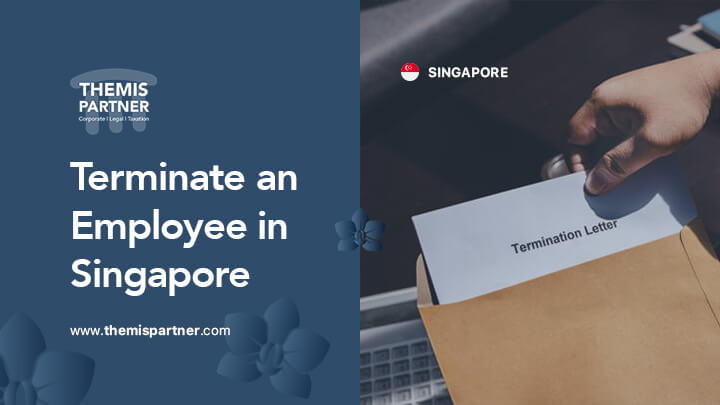Starting business in Singapore: A favorable tax policy
One of the major reasons for the attraction of the Singaporean jurisdiction is the attractive tax regime that Singapore offers. Benefiting from a soft taxation without being considered as a tax haven, the creation of companies by locals or foreigners is facilitated. Indeed, the tax rate on corporate income is fixed at 17% regardless of the tax residence of the company and the type of business activity.
It is possible to benefit from an exemption regime that has become partial since 2020, set at :
1. 75% for the first SGD10,000 of taxable income and 50% on the next SGD100,000 of taxable income, for the first three years of a newly established company subject to eligibility.
2. One of the conditions of which requires being a local resident of Singapore.
3. 75% on the first SGD10,000 of taxable income and 50% on the next SGD190,000 of taxable income, starting from the fourth year of any company, including a company limited by guarantee.
Among other benefits, there is no capital gains tax and dividends paid by a Singapore resident company to foreign shareholders are not subject to withholding tax. Also, the value added tax is 7%. These first elements make Singapore an ideal place for starting business.
Finally, the Singaporean government implements subsidies, enhanced since 2018, that target specific emerging industry sectors. This encouragement of innovation and entrepreneurship is also reflected in the provision of investment funds for startups and entrepreneurs, supporting a large number of venture capitalists.

Appropriate legislation and business policy
The second major reason is Singapore’s legislative effort for starting business creation as a result of government initiatives or international agreements.
Singapore has more than 50 bilateral free trade agreements (FTAs) with its trading partners, as well as regional ones. These FTAs have been instrumental in developing Singapore’s legislation on customs standards, government procurement, competition, transparency, intellectual property, freedom of investment and taxation. Thus, many bilateral agreements concluded with Singapore provide for the avoidance of double taxation (including France).
In addition, the free flow of international capital allowed by the government makes fundraising efficient and quick by seeking funding from seed, angel and venture capital investors based outside the territory.
Singapore’s laws not only tend to facilitate the formation of a company, but also its liquidation. Indeed, the recent adoption of the UNCITRAL Model Law on Cross-Border Insolvency Proceedings has led to several amendments to the Companies Act. The most significant change is the clarification of the circumstances in which foreign companies can be wound up in Singapore and the possibility of relying on the restructuring regime provided for under the said law.
Singapore’s jurisdiction also provides strict protection for contract law and intellectual property rights, which provides a framework for innovation and international trade.
Finally, the Companies Act allows foreign entrepreneurs or foreign companies to own all the shares of a company incorporated in Singapore. There are also no restrictions on the type of business activity that a company can engage in.
All these possibilities allow for greater freedom of action, choice and easier fund raising.
ℹ️ Themis Partner can help you to do your company registration
A quality court system for starting business in Singapore
Known for being impartial, fast and efficient, Singapore has a quality judicial system for dispute resolution. The city-state’s efforts to be competitive in international trade and investment, as well as its geographical position, have led Singapore to develop its judicial and arbitration institutions.
There are now three dispute resolution institutions:
| ➤ The Singapore International Arbitration Centre |
| ➤ The Singapore International Mediation Centre |
| ➤ The Singapore International Commercial Court ("SICC"), which was launched in 2015 with the objective of complementing dispute resolution methods |










